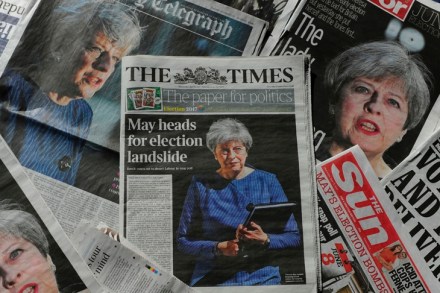How much is your child’s schoolbag worth? The answer might surprise you
As a new school term starts, this often spells an expensive shopping list for parents. School uniforms that no longer fit, new schoolbooks and lunchboxes; research shows that the average parent spends £170 on each of their children at the start of a new school year. But although much of that spending can’t be avoided – after all, you can hardly send your child back to school with shoes that don’t fit – there is another area of the back-to-school routine where we might be missing a financial trick. Why? Well because the average child has £302 worth of gadgets in their school rucksack. Even among the under 6’s, one



















